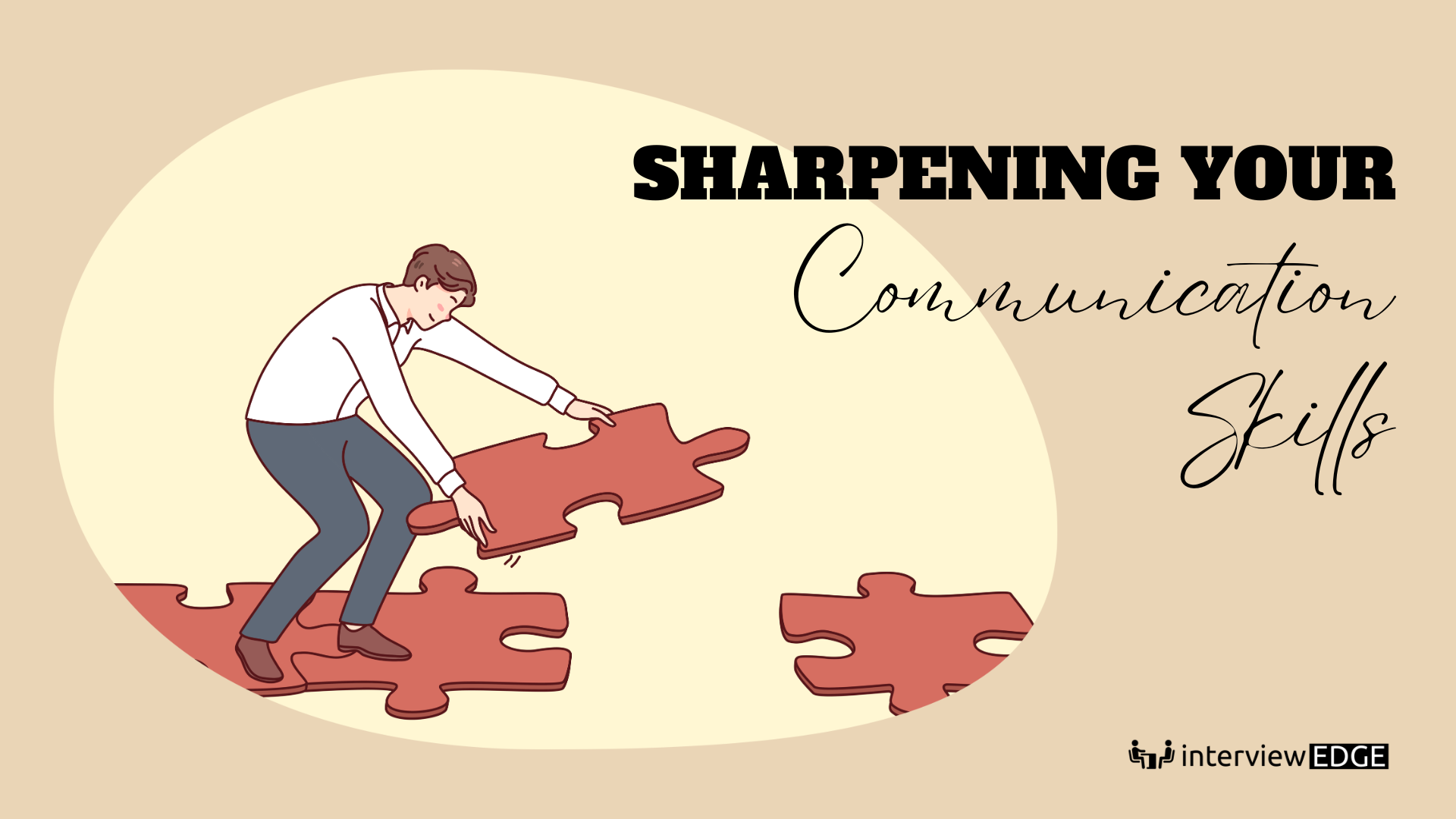
Hey everyone! Let’s discuss something super important as you get ready for your UPSC interview: Communication Skills. You know how people say, “It’s not just what you say, but how you say it”? That’s so true! So, let’s go through some simple tips on improving body language, speaking clearly, and having respectful conversations about different opinions.
Mastering Non-Verbal Communication: Body Language Tips
Believe it or not, first impressions matter a lot, and people often judge you before you even say a word. Here’s how you can make sure you come across as confident!
Entering the Interview Room with Confidence
- Make an Entrance: When you knock and walk in, do it with purpose! Stand tall with your shoulders back. Smile at everyone in the room—it shows you’re friendly. And if there’s a lady on the panel, say hi to her first; it’s just good manners!
- Acknowledge the Board: Once you’re invited to sit, thank the chairman or the interviewer. When you sit down, make sure you’re comfortable; don’t plop down, but don’t sit too far away either.
- Posture Matters: Sit up straight, but keep it relaxed. Good posture not only looks confident, but it also helps you think clearly. Avoid slouching, as it can come off as disrespectful.
Staying Calm When Faced with Challenging Questions
- Keep Your Cool: It’s completely normal to feel nervous, especially when faced with difficult questions. Before you enter the interview room, take a moment for a few deep breaths. Inhale deeply, hold it for a second, and then exhale slowly. This technique can really help calm your nerves and prepare your mind for the questions ahead. Just like athletes often take deep breaths before a big game to steady their nerves, you can use this trick to create a calm space in your mind for clear thinking and confident responses.
- Engage with Eye Contact: When you’re asked a question, look the interviewer in the eye. This shows you’re actually listening and are fully engaged with what they’re saying. If maintaining direct eye contact feels challenging, try focusing on the person’s forehead or notice their eye color. This can give the impression of eye contact while helping you feel more comfortable. Additionally, occasionally glance around at other panel members to make everyone feel included in the conversation.
- Be Mindful of Your Movements: Keep your hands relaxed and open to avoid appearing defensive. Maintain a steady, composed demeanour, as this conveys confidence and control.
Effective Verbal Communication: Making Your Points Count
Now that we’ve covered body language, let’s focus on how to express yourself clearly.
Structuring Your Answers for Maximum Clarity
- Practice Active Listening: When the interviewer speaks, really pay attention! It’s easy to think about your answer while they’re talking, but try to listen fully first. This way, you can give better answers. (Imagine it like listening to your favourite song; focus on the lyrics!)
- Speak Clearly: Clarity is key! Use simple, everyday words that you feel comfortable with. There’s no need to show off with complex vocabulary—just be yourself. (Remember there are no extra marks for vocab J).
- Take Your Time with Pauses: Don’t rush your words. Pausing briefly between your thoughts can help you organize what you want to say and give the listener time to digest your points.
- Vary Your Tone: Change your tone to make your speech more engaging. Emphasize important parts, but keep it natural—just like chatting casually with friends.
Discussing Diverse Opinions with Grace and Balance
As a civil servant, it’s essential to handle different viewpoints well.
- Acknowledge Different Viewpoints: When someone shares an opinion that differs from yours, recognize it. You could say something like, “I see your point,” even if you don’t fully agree. This shows you’re open-minded.
- Stay Calm and Collected: Keep your cool, even if the discussion gets intense. Instead of getting defensive, express curiosity and ask questions to understand the other person’s views better. (and take this as a warning don’t provoke them on some point/topic, that can be really disastrous for you). Just imagine this, think of the interviewer as the father of the woman you want to get married to!
- Support Your Arguments: When sharing your opinions, back them up with solid reasons. This makes your points stronger and shows you’ve thought things through. It’s like adding toppings to your favorite pizza; they make it even better!
- Conclude Gracefully: Sometimes, you won’t agree with everyone, and that’s okay! Wrap up by thanking everyone for sharing their thoughts and mention what you found valuable from the discussion.
Conclusion
So, there you have it! By working on your non-verbal and verbal communication skills, you’re setting yourself up for success. Enter that interview with confidence, stay composed, share clear answers, and engage respectfully with various opinions. Remember, communication is all about making connections and understanding each other. With practice, these skills will feel more natural, making you more at ease for your big interview. Good luck—you’re going to do great!
Thanks for reading!
Next up: Mastery through practice. Understand the importance of giving Mock interviews and learning from feedback.
